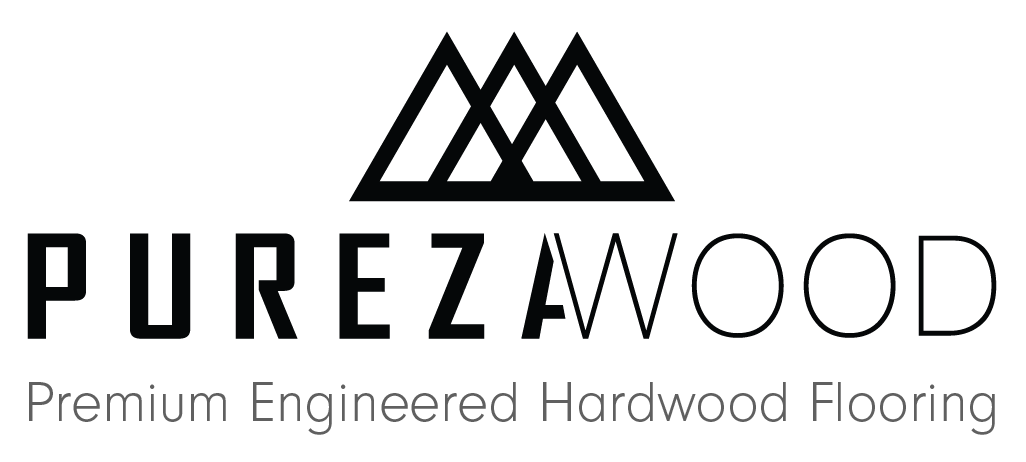Which type of floors are the best: multi-ply engineered flooring or 3 ply floors? When choosing the flooring for your home, you want to make sure you’re getting the best of the best. And when you’re choosing engineered hardwood flooring, the plywood used in the flooring is crucial as well.
Why does it matter what plywood my floors have?
In engineered hardwood floors, the section of your flooring underneath the solid hardwood wear layer is made up of plywood. Because of this, your floor’s durability depends on this plywood. When you use multi-ply engineered flooring, there are more layers of plywood, which makes the floor stronger.
But it’s not only the fact that there is plywood that makes the floor strong: the type of plywood matters too. Premium plywood is the best plywood available due to its high levels of durability. At PurezaWood, we learned long ago that it is worth investing in the best supplies for our engineered hardwood flooring, and we want to make sure your floors will last you a long time.
Why is premium plywood the best?
There are many reasons this is the best type of plywood. One of the main reasons we use it at PurezaWood is because of its durability. Premium plywood is strong and isn’t flexible, which means it won’t change (expand or contract) as much as other plywood with weather and moisture fluctuations. This makes your floor stronger and less likely to warp when the temperature and relative humidity levels change. Because the plywood is held together with glue, it is also more resistant to water damage when compared with 3 ply.
To put it simply, premium plywood is the best plywood available.
3 ply vs multi-ply engineered flooring
These are the two most popular options for engineered flooring. But which one is best for your floors? And how does the plywood affect your floor’s longevity?
3 ply flooring is made up of 3 separate layers of wood. The wood grain on the top layer runs opposite of the middle layer, and the bottom layer is the same direction as the top. The middle layer is made up of one single piece of plywood. Sometimes, this isn’t even solid plywood, but actually plywood dust consolidated into a block. Because of this, the floor isn’t very durable or resilient and will often expand or contract when the temperature of your home changes. This could result in your floors cracking, cupping, or become otherwise damaged.

Multi-ply engineered flooring is made up of multiple plywood layers. Usually there are an odd number of layers, such as 5, 7, 9, or 11. For each layer, the plywood runs in a different direction so it is more resistant to warping. The multiple layers and directions create a grid of reinforcement to prevent the wood from moving and make it more resistant to the damage mentioned above.
Ultimately, we believe multi-ply engineered flooring is the best option. It is a stronger flooring option, will last longer, is more resilient and resistant to warping, and is overall more durable than 3 ply.
3 ply flooring
- 3 layers of flooring
- Wood grains run in opposite directions through the layers
- Sometimes just plywood dust, not solid plywood
- More susceptible to moisture damage
- More susceptible to warping with temperature changes
Multi-ply engineered flooring
- Multiple layers of plywood, and solid hardwood on top
- PurezaWood uses premium plywood to ensure the best quality
- Plywood layers run in opposite directions to provide structure
- Less likely to warp from temperature or moisture changes
- More durable flooring overall
Are you looking to buy multi-ply engineered flooring?
Learn more about how you can create custom flooring here. You can also contact us to schedule an appointment to visit our showroom and learn more about our engineered hardwood flooring in person, or ask us any questions you might have.
Follow us on Instagram and Facebook to see some of our past and current projects!

